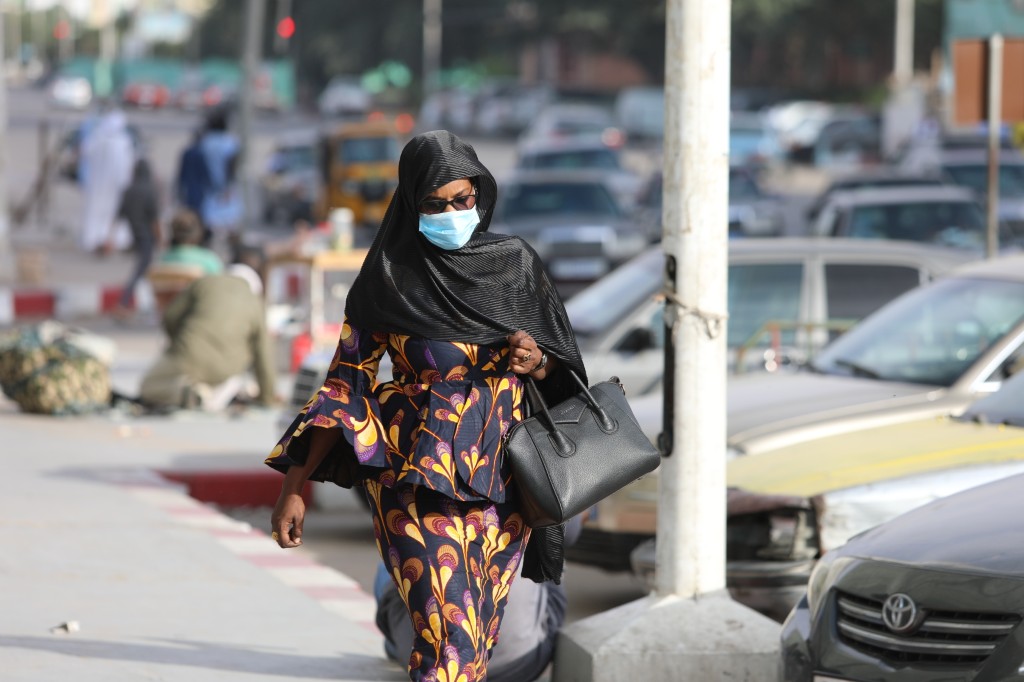São Paulo – Following Mauritania’s response to the COVID-19 pandemic, the country is on an economic recovery path but still faces many challenges. The International Monetary Fund (IMF) released on Friday (10) a report detailing the country’s situation at the end of a visit led by IMF deputy managing director Kenji Okamura on Friday.
However, shocks including Russia’s war in Ukraine and regional tensions have narrowed the space for policy intervention in the economy, while the country still faces significant human and infrastructure development needs. According to the IMF, surging international commodity prices have led to inflationary pressures and food insecurity in Mauritania.
Preliminary data suggest that the current account deficit doubled to 16.4% of the gross domestic product (GDP) last year, due to pressures on international food and energy prices and the decline of prices of iron ore the country produces. By end-2022, international reserves declined to USD 1.9 billion compared to USD 2.3 billion at end-2021.
Mauritania’s GDP growth is expected to have accelerated to 5.3% last year, mainly driven by the recovery in the extractive sector. After reaching a peak of 12.7% in October 2022, inflation decelerated to 10.3% in January 2023 in response to the country’s monetary policy tightening, the IMF said.
In the press release, Okamura welcomed the launch of the economic program that will be supported by the IMF. Mauritania’s economic reform program supported by the IMF arrangements aims to preserve macroeconomic stability, strengthen the fiscal and monetary policy frameworks, consolidate the foundations for sustainable, inclusive growth, and reduce poverty, the IMF said.
Translated by Guilherme Miranda




